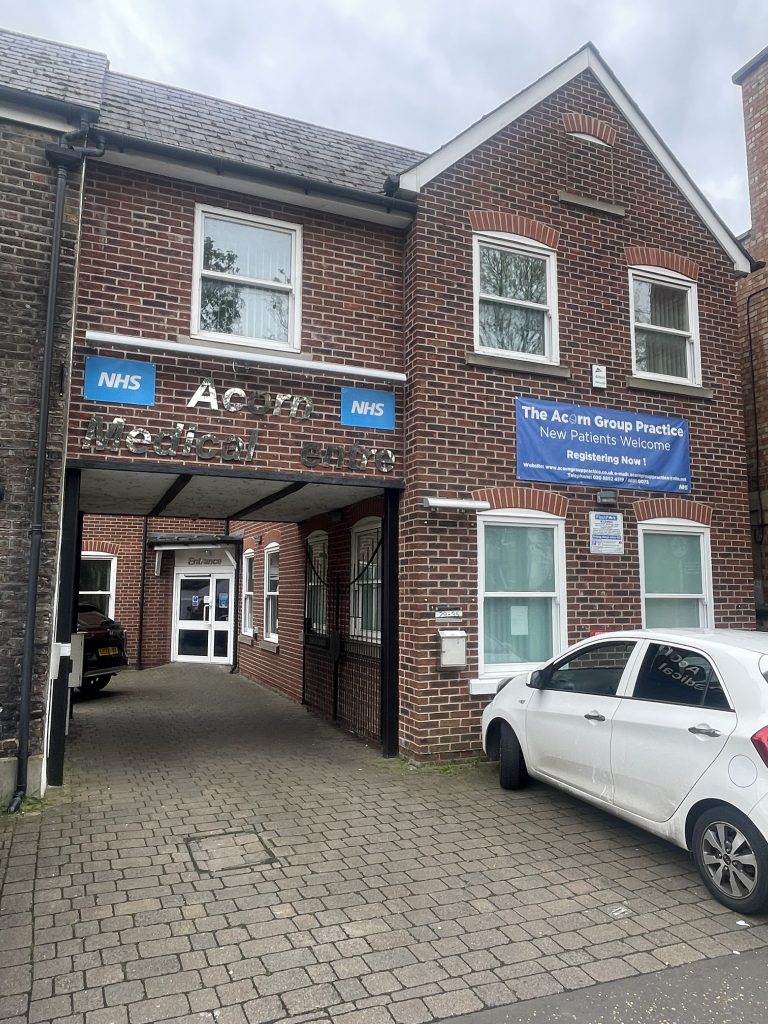Abortion is a common procedure. It is part of the family of reproductive health services. Every year, over 200,000 women in England and Wales have an abortion. Around 1 in 3 women in the UK will have an abortion by the time they are 45 years’ old.
Our clinics provide a safe environment with compassionate staff, where you can have abortion services that also meet your contraception and sexual health needs. This is why we are a leading provider of abortion care in the UK. Our services are safe and trusted. For over 50 years we have provided surgical and medical abortions to thousands of women each year.
Abortion Treatment
An abortion is a medical procedure that ends a pregnancy. Find out more about abortion treatment options at NUPAS.
Abortion Services
As part of our abortion care treatments, we offer additional services to promote sexual health and wellbeing.
What to Expect
If you have not had abortion care before it can be difficult to know what to expect. Our useful guides and FAQs are here to answer all your questions.
Abortion Guide Booklet
This booklet gives information about abortion options. It shares what will happen during your treatment. It is a useful guide for before, during, and after your abortion.















